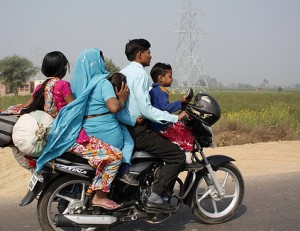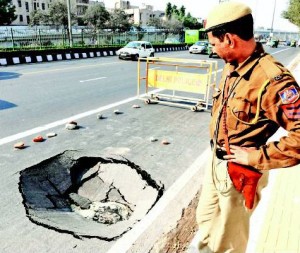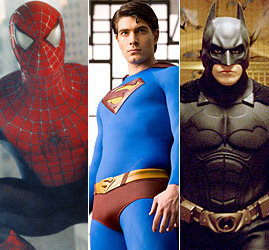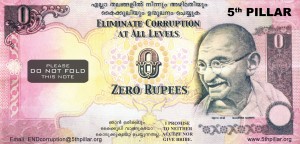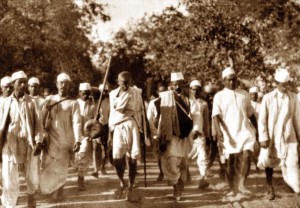We, as Indians, place great importance on our family and the value system a family carries. The kind of sacrifices our parents have made for us, and the struggles we go through for the well being of the family are unheard of in the West and forms a big part of the contemporary Indian society. However, we care much less about our community, society and others in general. In the West, we see a mutual respect for each other and proactive attitude towards problems in the society. In this post, I am going to speculate on these seemingly different approaches and what could be the approach the Indian of the future should follow to ensure the best future for himself and his country.
We belong to a culture where deep rooted family values are an integral part. Parents consider it their duty to take care of their children until they stand on their own feet. After that too, there is a strong bond between parents and children. Children too consider their duty to take care of their parents in old age. This ensures a strong emotional bond and support structure for the whole family to lend on each other during difficult times or hardships and to share the happiness and celebrations during good times. The way an Indian family comes together during a wedding or on festivals is a sight in itself. Brothers and sisters share a bond which is based on trust and respect. Elder brother is treated as a father figure and there is a huge connect between brothers and sisters symbolized beautifully by festivals like Raksha Bandhan. Marriage is held to be a sacred union, and it is expected to last over seven births. I can proudly say I am part of such a country and this is the heritage I have inherited.
However, when it comes to society, we have a totally indifferent attitude. We keep our homes clean and tidy but throw the garbage on the roads everywhere we go. We litter in public spaces as per our convenience (I have seen people litter on the road right outside public toilets.) We don’t care to follow rules of the land, whether they are traffic rules or any other. We take pride in breaking rules and getting away by paying bribes. We do not realize the cost to society when we put our personal interest ahead of the interest of society. And we don’t realize that we can’t be happy and prosperous unless we live in a happy and prosperous society.
Apathy in addressing common problems is another issue. We turn a blind eye towards most of the problems plaguing our society. We behave as if they don’t exist. Or even if we care, very little of us actually do something about it. Our attitude is “It is not our job“. One reason for this could be that we have been ruled by foreigners for a very long time. And we think that public or societal issues are the responsibility of the government or the ruler and not of the citizens. Maybe we are not used to making decisions on our own. We always have somebody else to take the decisions for us. Currently, this role is of the government, and unfortunately, due to corruption and inefficiency, not much decision making happens there. Our tragedy is that we don’t make these decisions, neither do we stand up and make the government accountable for that they are responsible for.
Mutual respect towards another human being is an integral part of western culture. We have created so many divisions in society and we treat each other very differently. We look down upon people based on their caste, state, or worse, on the type of work they do. People doing physical work like laborers, plumbers, etc share equal respect in the western society but we treat them shabbily. I think that irrespective of their importance, people should be held accountable for what they do. Be it a plumber or a politician, he should be accountable for what he does. A plumber does not have the right to not do his work because people don’t treat him well, nor does a politician should abandon his duties because nobody can touch him. This works both ways.
My point here is that the root of our problems lie in a lack of duty towards the society. In other words, when we place the larger good over our personal good and act accordingly, we will make significant progress. After all, our values related to our families are something the whole world envy us for. If we take the same values and apply to our lives outside of home, we can do wonders, for ourselves and for others too. After all, a good and prosperous society will benefit us only in the end. Mahatama Gandhi said that “Be the change we wish to see in the world“, and I also remember one of the earliest lessons from my parents – “Treat others as you would like others to treat you“. Let us become responsible citizens and make our cities and our country a great place to live in.
We have to extend our value system towards our family and spread it out in the society. We are all good people, for we take care of our families that we should be proud of. The whole world looks up to us for our family value system. The Indian joint family have mesmerized the west for a long time. Let us take a step forward and also turn into good citizens. Citizens who know their responsibilities towards the society, towards the problems that we face, towards the rule of the land and towards fellow human beings. I will end up with this quote from Winston Churchill – “Responsibility is the price of greatness.”

